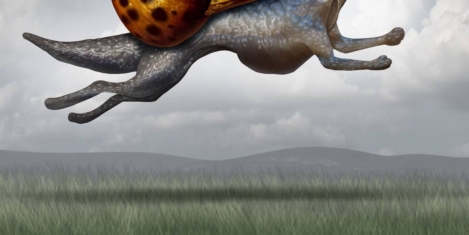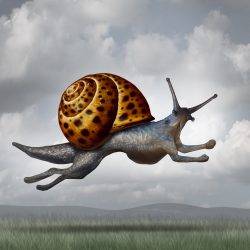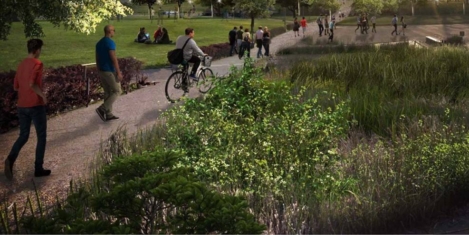September 7, 2018
We should measure wellbeing and security if we want to create Good Work, claims the RSA
 Job security, workplace mental health, and how well-supported workers feel by their employer, should be monitored annually by the government, a report led by the RSA and the Carnegie UK Trust recommends. The need to better monitor quality of work in the UK was called for in RSA chief executive Matthew Taylor’s 2017 employment review for the Prime Minister. The UK Government subsequently committed to delivering on this proposal; and Measuring Good Work now sets out a roadmap for how the ambition can be achieved. The report highlights that employment has a major impact on people’s wellbeing and quality of life, arguing that since the 2008 financial crisis, despite record employment, the overall figure on the number of people in work fails to account for issues like worker pay; whether employees feel they are trapped in a job below their skillset; are working too few or too many hours; or are facing excessive workplace pressure.
Job security, workplace mental health, and how well-supported workers feel by their employer, should be monitored annually by the government, a report led by the RSA and the Carnegie UK Trust recommends. The need to better monitor quality of work in the UK was called for in RSA chief executive Matthew Taylor’s 2017 employment review for the Prime Minister. The UK Government subsequently committed to delivering on this proposal; and Measuring Good Work now sets out a roadmap for how the ambition can be achieved. The report highlights that employment has a major impact on people’s wellbeing and quality of life, arguing that since the 2008 financial crisis, despite record employment, the overall figure on the number of people in work fails to account for issues like worker pay; whether employees feel they are trapped in a job below their skillset; are working too few or too many hours; or are facing excessive workplace pressure.



































September 10, 2018
The evolution of the workplace conversation in ten graphs
by Mark Eltringham • Comment, Facilities management, Technology, Workplace design
Based on Google Trends data since 2004 and without comment.
Main image: Herman Miller Living Office